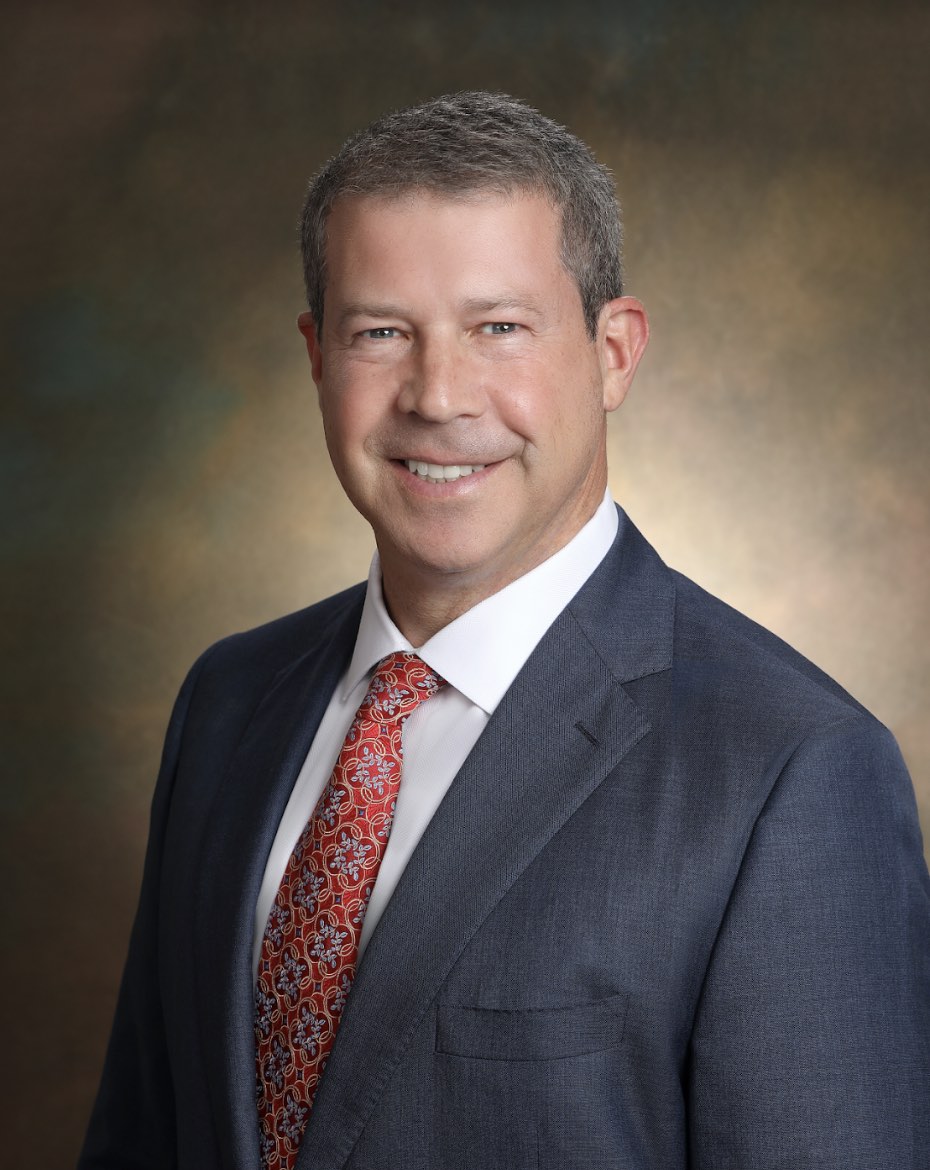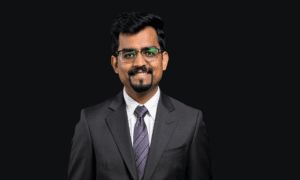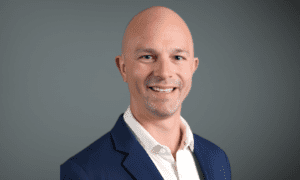Evan Wilkoff is a highly sought-after professional consultant and advisor with a wealth of experience in the field of asset-backed and structured finance. Known for his leadership skills and strategic acumen, Evan has consistently demonstrated an ability to develop profitable businesses and platforms across a multi-decade career in the financial services industry.
During his tenure as the Executive Vice President of Ascentium Capital LLC from 2010 to 2021, Evan spearheaded the company’s capital markets and treasury activities, playing a pivotal role in its success. He implemented a highly diversified funding strategy comprising a robust asset-backed security issuance program, credit facilities from global money-center banks, and various syndication sources. During his tenure, the origination volume soared to over $2 billion within five years and an astounding $8 billion within a decade.
At Ascentium, Evan Wilkoff supervised every aspect of the asset-backed securities issuance program, overseeing the issuance of an impressive $3.4 billion across 12 transactions. He also orchestrated portfolio sales, amounting to $1.4 billion, to 57 purchasers, generating gains of 5% and beyond. Evan’s expertise shone through as he established and managed an offshore reinsurance company, which contributed substantially to Ascentium’s net underwriting profits through its automatic insurance product.
Evan’s impact on the financial services landscape extends beyond his tenure at Ascentium. He played a pivotal role in identifying, recruiting, acquiring, and integrating three successful business platforms: truck finance, a direct-to-end-user call center, and a micro-ticket point-of-sale equipment finance division. These ventures were instrumental in driving growth and diversification.
Prior to his time at Ascentium, Evan Wilkoff achieved remarkable success as the Director of Commercial Asset Finance at Wells Fargo Securities, tripling the annual revenues of his division. Additionally, as Vice President and Treasurer of CoActiv Capital Partners, Inc., LLC, he expertly managed bank relationships, negotiated senior warehouse lines, and developed a comprehensive syndication strategy.
Evan Wilkoff’s entrepreneurial spirit also led him to co-found Cavalier Funding, LLC, where he built a small but successful full-service specialty finance company. Drawing on his deep understanding of the industry, Evan developed a proprietary pricing model that maximized profits while effectively mitigating risk. His relentless pursuit of excellence and innovative mindset set Cavalier Funding apart.
Beyond his professional achievements, Evan holds a Bachelor of Science in Systems Engineering from The University of Virginia. His unwavering commitment to personal growth and professional development is evident in his ability to adapt and excel in an ever-evolving industry.

Evan Wilkoff
Recently, we connected with Evan Wilkoff to gain insights into his secrets to productivity and the invaluable lessons he has learned throughout his career in the asset-backed and structured finance industry.
Tell us about a skill you taught yourself. How did you go about learning?
One of my proudest accomplishments is teaching myself many aspects of corporate finance. Even though I had no prior experience or exposure to the subject, I was determined to learn it. I began by immersing myself in the field, attending industry events, reading relevant literature, and asking questions.
I also sought out mentorship opportunities to help fill in the gaps in my knowledge. Although it was a challenging journey, my persistence paid off, and now consider myself “fluent” in corporate finance. I’m grateful for the experience because it’s taught me that anything is achievable if you’re willing to put in the hard work and effort.
Can you share your personal approach to effectively balancing life and work?
While I am aware that I tend to work diligently, even during off-duty hours, I have never encountered difficulties in carving out personal time during work hours, provided that I am equally attentive to essential professional matters outside of the standard workday.
I have always perceived this approach as the ideal equilibrium. It is intriguing how some individuals fail to recognize the value of personal time spent during the day while solely focusing on the time spent on work matters during personal hours.
How do you manage your workflow effectively?
When it comes to managing my workflow, I find that utilizing “to-do lists” and, to a lesser extent, “calendaring” proves to be very effective. By organizing my tasks into lists and prioritizing them based on their level of urgency, I can easily stay on top of my responsibilities and ensure that nothing important falls through the cracks.
Additionally, I utilize my calendar to schedule appointments and set aside dedicated time slots for certain tasks, allowing me to manage my time efficiently and maximize productivity.
What is your approach to starting a new project?
When embarking on a new project, I adopt a comprehensive approach to ensure its successful execution. Firstly, I prioritize building consensus among the relevant team members by fostering open communication and encouraging the exchange of ideas. Even though not everyone may agree on all the points, this approach ensures everyone is aligned toward the same goal and promotes a sense of ownership and accountability.
Moreover, I believe that gaining a thorough understanding of the project’s components and their relative importance and sequencing is vital. Therefore, I try to invest ample time in identifying key areas requiring special attention and resources. This helps to prioritize tasks, allocate resources efficiently, and mitigate potential risks and obstacles.
Spending a little extra time upfront usually results in successful outcomes.
What are some of the keys to effective decision-making?
One critical element is a deep understanding of the situation at hand. It is imperative to thoroughly analyze all relevant information, including stakeholder feedback, and evaluate the pros and cons of different options.
Furthermore, being transparent and honest about potential risks and challenges is crucial to make informed decisions. Acknowledging and addressing these factors can reduce the likelihood of negative consequences and ensure that you are taking the preferred approach.




























